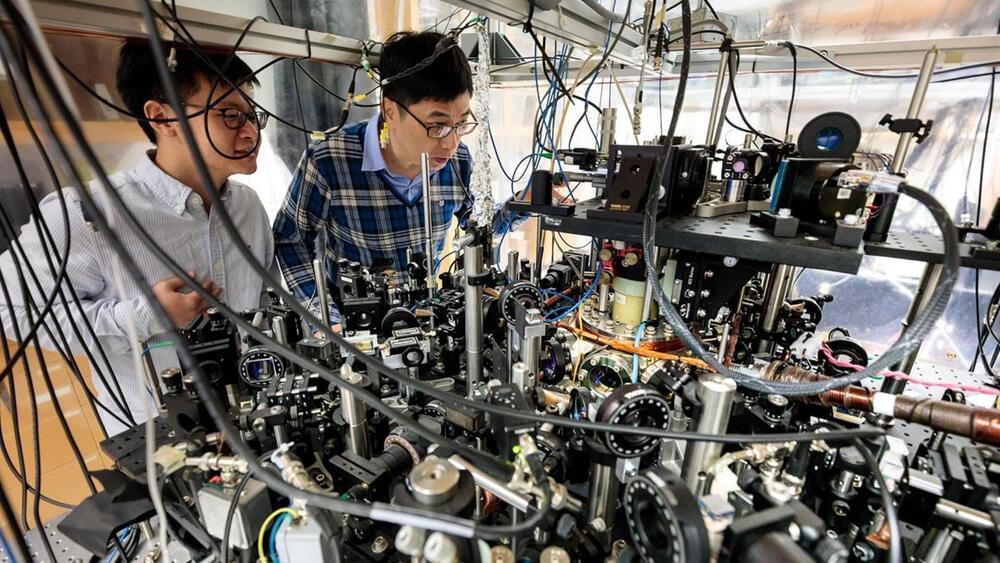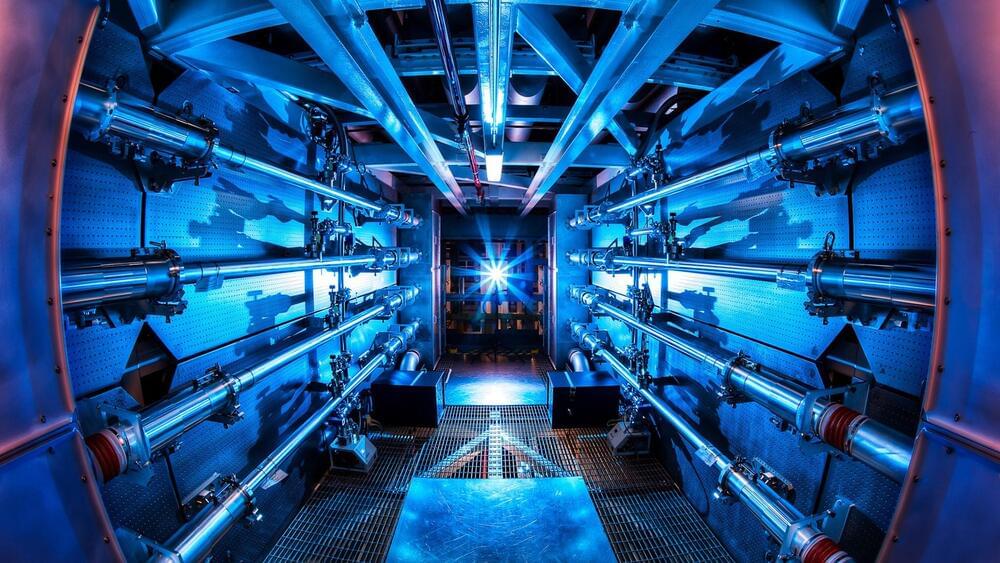AI-based translation software, DeepL, is making its first appearance on the Forbes Cloud 100 list this year thanks to a machine learning translation model that users say is more precise than Google’s.
Jaroslaw Kutylowski speaks German, Polish and English (and he can order a Coke in French). With DeepL, his startup’s AI-powered translation tool, he can read and write in about 30 more.
Founded in 2017, DeepL has developed translation software that it says is far more accurate than rival products offered by Google and others, thanks to some powerful artificial intelligence working in concert with human native language speakers.








